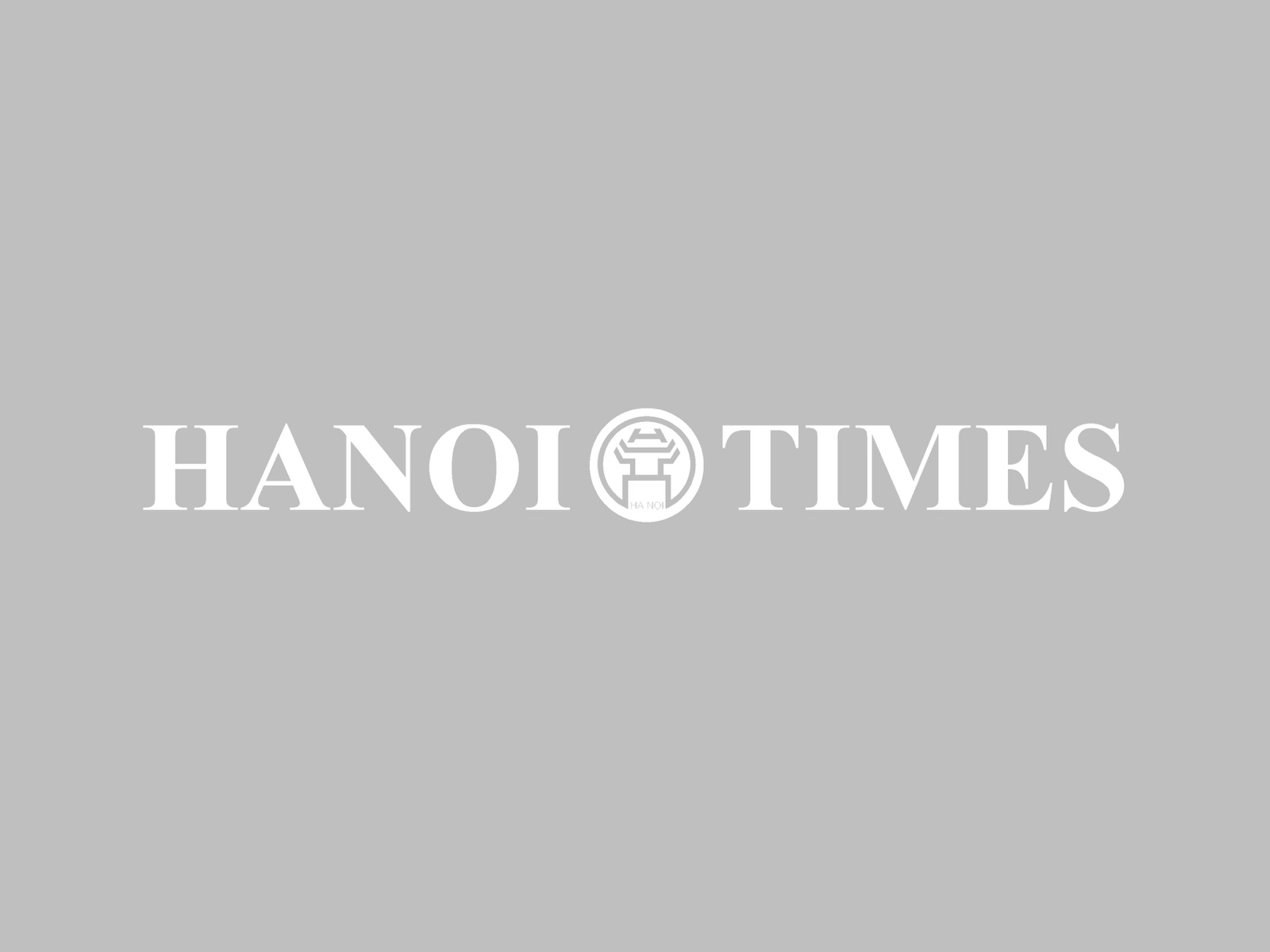Tỷ giá ngày 9/3: Trung tâm và USD trên thị trường tăng
Kinhtedothi - Sáng nay (9/3), tỷ giá trung tâm cặp đồng tiền VND/USD tăng 1 đồng so với mức công bố trước. Tỷ giá USD tại các ngân hàng thương mại diễn biến trái chiều nhau, còn thị trường tự do bật tăng.

Cụ thể, sáng nay, Ngân hàng Nhà nước công bố tỷ giá trung tâm cặp đồng tiền VND/USD được áp dụng trong ngày ở mức 23.172 đồng, tăng 1 đồng so với mức công bố trước. Với biên độ +/-3% theo quy định, tỷ giá sàn là 22.477 VND/USD, tỷ giá trần 23.867 VND/USD. Phiên hôm qua, NHNN đã tăng tỷ giá trung tâm lên 12 đồng.
Tỷ giá USD trong ngân hàng thương mại hôm nay diễn biến trái chiều nhau. Cụ thể, lúc 9 giờ 10 phút, tại ngân hàng Vietcombank niêm yết giá mua - bán USD ở mức 22.680 - 22.990 đồng/USD, đi ngang cả chiều mua và chiều bán so với mức niêm yết trước.
Tại ngân hàng BIDV, niêm yết giá mua - bán USD ở mức 22.705 - 22.985 đồng/USD, đi ngang cả chiều mua và chiều bán so với mức niêm yết trước.
Tại Techcombank, sáng nay, niêm yết giá mua - bán USD ở mức 22.710 - 22.990 đồng/USD, giảm 5 đồng/USD chiều mua và chiều bán so với mức niêm yết trước.
Tại Vietinbank, niêm yết giao dịch mua - bán đồng USD ở quanh mức 22.685 - 22.985 đồng/USD, giảm 5 đồng chiều mua và chiều bán so với mức niêm yết trước.
Ngân hàng Eximbank niêm yết giá mua - bán USD giao dịch ở mức 22.740 - 22.940 đồng/USD, đi ngang cả chiều mua và chiều bán so với mức niêm yết trước.
Tỷ giá USD trên thị trường tự do, sáng nay tăng 30 đồng/USD cả chiều mua và chiều bán so với phiên trước. Cùng thời điểm trên, tại thị trường Hà Nội, đồng USD giao dịch (mua - bán) ở quanh mức 23.410 - 23.490 đồng/USD.
Trên thị trường thế giới, đồng USD sáng nay giảm trong giỏ 6 đồng tiền chủ chốt thanh toán quốc tế. Chỉ số Dollar-Index - đo lường sức mạnh của đồng USD trong giỏ thanh toán quốc tế giảm 0,17% về mức 99,123 điểm vào đầu phiên sáng nay.
Tỷ giá các ngoại tệ mạnh khác trong giỏ thanh toán quốc tế tại Vietcombank sáng nay diễn biến trái chiều nhau, trong đó đồng EUR tăng mạnh, còn France Thụy Sĩ ngược chiều giảm mạnh.
Cụ thể, tỷ giá đồng EUR, tăng mạnh 114 đồng/EUR chiều mua và tăng 120 đồng/EUR chiều bán so với phiên trước, giao dịch mua - bán tại Vietcombank quanh mức 24.293 – 25.654 đồng/EUR.
Tỷ giá đồng bảng Anh đi ngang cả chiều mua và chiều bán so với phiên trước, tại Vietcombank giao dịch mua - bán quanh mốc 29.188 – 30.434 đồng/GBP.
Tỷ giá đồng France Thụy Sĩ, tiếp tục giảm 98 đồng/CHF chiều mua vào và giảm 102 đồng/CHF chiều bán ra so với phiên trước, giao dịch tại Vietcombank mua - bán ở quanh mức 24.057 – 25.084 đồng/CHF.
Tỷ giá đồng đô la Canada giảm 69 đồng/CAD chiều mua vào và giảm 72 đồng/CAD chiều bán ra so với phiên trước, giao dịch mua - bán tại Vietcombank ở quanh mức 17.295 - 18.033 đồng/CAD.
Tỷ giá Đô la Úc, giảm nhẹ 13 đồng/AUD chiều mua và chiều bán so với phiên trước, tại Vietcombank giao dịch mua - bán ở quanh mức 16.205 – 16.896 đồng/AUD.
Tỷ giá Yên Nhật, giữ giá chiều mua và giảm 1 đồng chiều bán so với phiên trước, tại Vietcombank giao dịch mua - bán ở quanh mốc 191 – 202 đồng/JPY.



